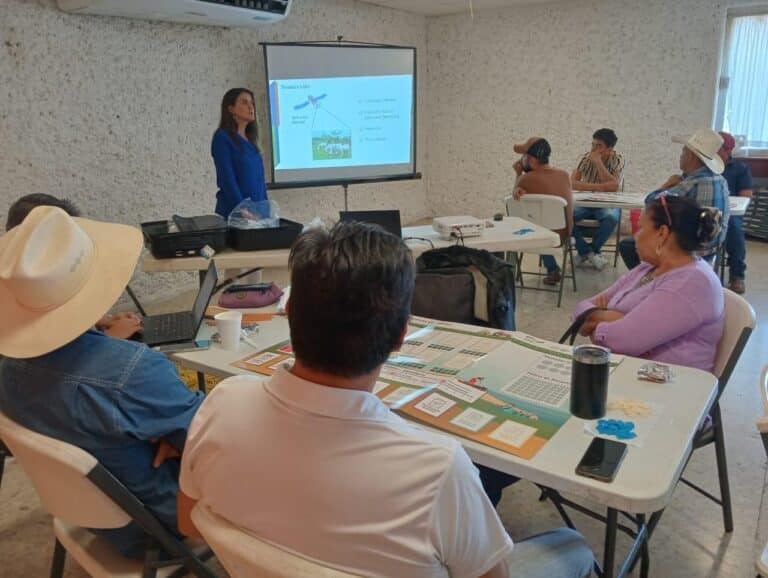Prepared at the request of the OAS General Secretariat, the report, which provides an overview of food production and trade, was distributed to the countries of the hemisphere.

San Jose, Costa Rica, June 1, 2012 (IICA). In advance of the OAS General Assembly meeting, to be held in Cochabamba, Bolivia, next week, the Inter-American Institute for Cooperation on Agriculture (IICA) presents the report “Food Security in the Americas,” which will serve as input for discussions by the OAS Ambassadors.
The 42nd General Assembly of the Organization of American States (OAS), the theme of which is “Food security with sovereignty,” will take place from June 3-5.
In recognition of the technical expertise acquired by IICA in almost 70 years of providing support to the agricultural sectors of the region, the OAS General Secretariat asked the Institute to prepare the document, which is be available at IICA’s web site. Indeed, to improve the contribution of agriculture to food security is one the Institute’s strategic objectives.
The report provides an overview of food production and trade in the hemisphere and describes the challenges the countries must meet to feed their inhabitants.
IICA also promotes seven specific strategies aimed at, for example, increasing investment in agriculture, developing programs to improve access to food for vulnerable sectors of society and reducing the impact of agriculture on the environment.
The issue of food security reappeared on the global and hemispheric agendas following the crisis of 2008, when several factors converged to cause problems in the global food supply and contribute to the volatility of food prices.
These factors include poor harvests in a number of countries that supply food, the use of more land to produce crops for biofuels, the growing demand for food in the emerging economies, and declining stocks of certain agrifood commodities.
The impact on the countries of the Americas varied, depending on whether they were net food exporters or importers, their level of economic development, and the degree to which their agrifood sectors were integrated into the global market.
For more information, contact:
james.french@iica.int
Full Report – Executive Summary











